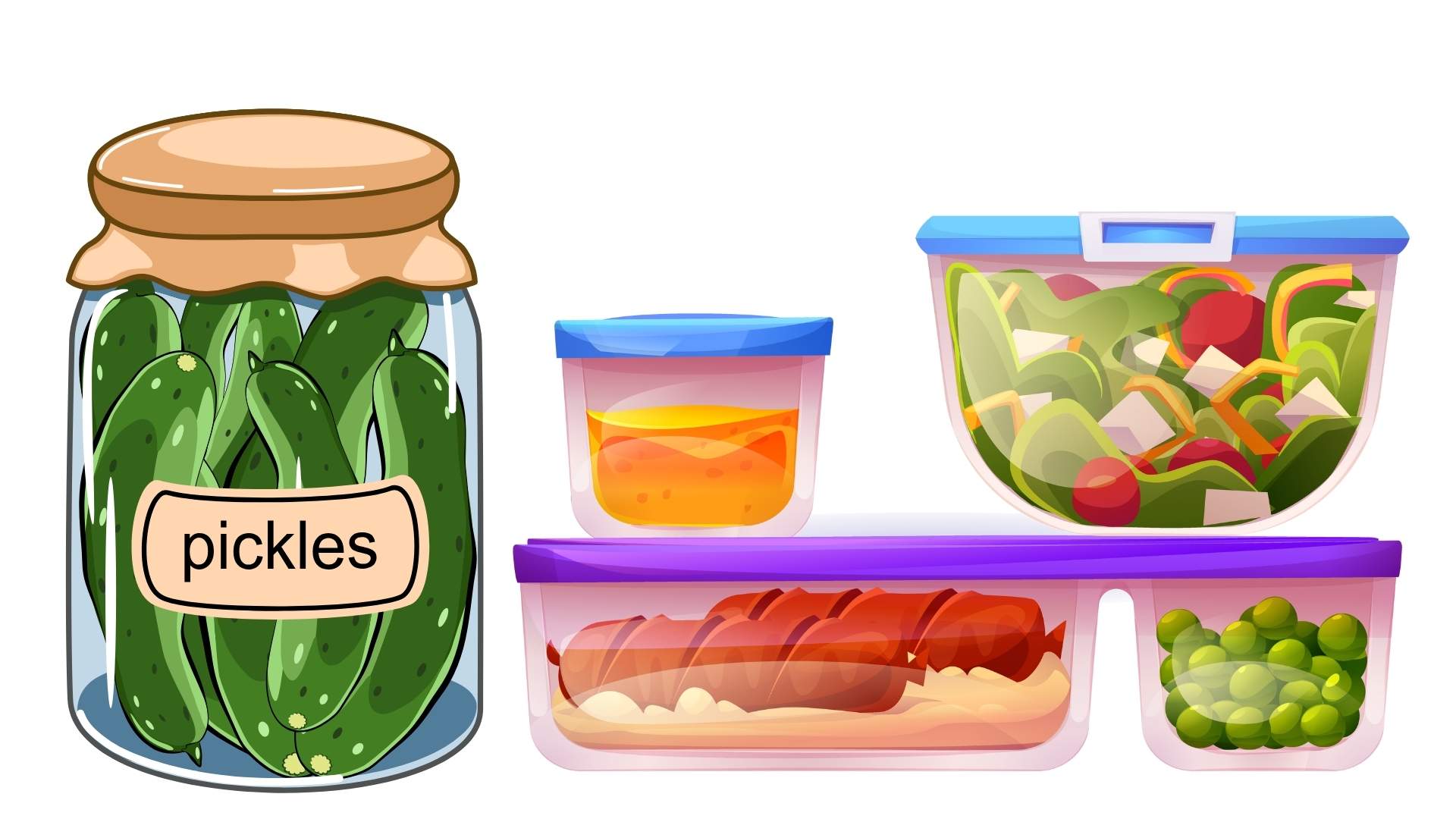
Harmful effects of preservatives
According to the International Journal of Science and Pharmaceutical Research, although preservatives help prolong the shelf life of foods by preventing damage, regular consumption can cause allergic reactions, asthma, hyperactivity, nerve damage and even increase the risk of being overweight and obese.
Many preservatives also cause the body to receive more sodium and saturated fat - factors that contribute to increased bad cholesterol (LDL), leading to the risk of cardiovascular disease and chronic inflammation. Eliminating them from meals is a way to reduce toxins, support weight control and effectively protect cardiovascular health.
How to cut preservatives from your diet
Look at food labels carefully
When buying food, read the label carefully to identify common preservatives such as sulfur dioxit or salt used to prolong shelf life. The list of ingredients helps you distinguish between natural preservatives and synthetic additives, thereby choosing safer and healthier products.
Smart shopping
According to the Mayo Clinic, prioritize shopping in the suburbs of the supermarket - where fresh foods such as vegetables, fruits, dairy and lightly processed meats are sold. Avoid canned, frozen foods, industrial sauces or fast foods to minimize preservatives in the diet.
Cooking meals at home
self-cookage is the most effective way to control preservatives in your portion sizes. Limit the use of pre-made sauces, frozen meats or packaged vegetables, instead prioritize fresh ingredients such as vegetables, raw meat, and fruits. Natural spices such as mint, chili, tomatoes also help the dish become rich while still safe for health.











